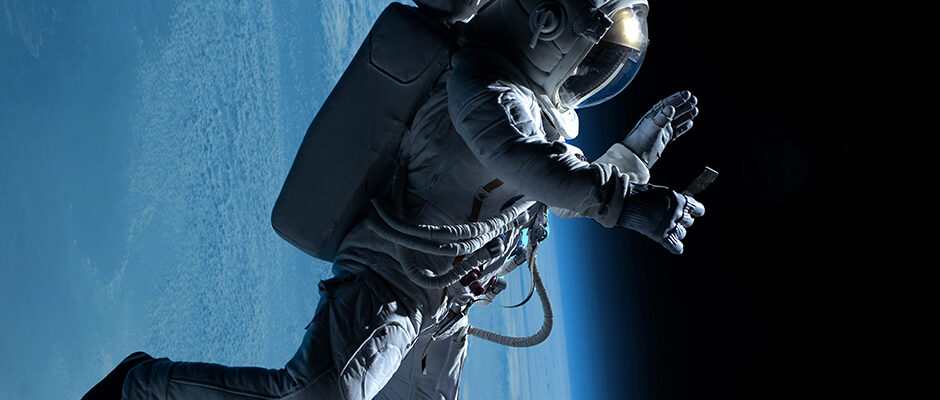Lessons from an Astronaut’s Space Diet by Ashleigh Feltham Accredited Practising Dietitian and Accredited Nutritionist
Before entering space, the team supporting an astronaut ensures that all areas are optimised to ensure the highest rate of success of a mission. The diet of an astronaut is one of these components that must be highly refined.
Your diet influences every part of your body and its ability to function, including your brain. An astronaut’s ability to function at their best is imperative and impacts the success of a space mission.
Sixteen astronauts, six females and ten males, were selected for this study. Researchers investigated the effects of a standard space diet with an ‘enhanced diet’ higher in vegetables, fruit and fish. Each astronaut was randomly assigned one of the two diets over four missions. The astronauts tracked their food intake 15 days prior to the mission as well as during the mission.
The ‘enhanced’ diet daily included more than six servings of fruit and vegetables, more than two flavonoid-rich foods (flavonoids are powerful antioxidants), 1.2-1.7 grams per kilogram of body weight of protein, 1000-1200 milligrams of calcium, 800 IU of vitamin D, 2300 milligrams of sodium and around 10 milligrams of iron. Each week, they consumed two to three servings (one serving equal to 227-340 grams) of fish and more than five tomato-based (lycopene-rich foods).
Results measured the effects of each diet. Researchers found that those consuming the enhanced diet had lower levels of cortisol in their blood during the mission. They also had an increase in cognitive speed, accuracy and attention.
In addition to this benefit, the enhanced diet contains more stable health-promoting microbes with more microbial richness and diversity. A microbiome lacking in these traits has been linked to poor health outcomes. It also resulted in more stable metatranscriptomic profiles than the standard space diet. In simpler terms, the microbes in the astronauts’ bodies were more successful in regulating and creating compounds necessary for good health.
An additional health benefit of the enhanced diet was the reduced total blood cholesterol, including the bad LDL-cholesterol, compared to the standard space diet.
Researchers note that there is no one single food pinpointed as the link between all these health benefits. Hence, a whole diet approach is recommended, including adequate servings of fruit, vegetables and fish.

Take home message
Even if you have no plans to pursue a career as an astronaut, it is worth appreciating the fine details that go into space preparation, taking note of an astronaut’s space diet.

References:
- Douglas, G.L., DeKerlegand, D., Dlouhy, H. et al. Impact of diet on human nutrition, immune response, gut microbiome, and cognition in an isolated and confined mission environment. Sci Rep 12, 20847 (2022).
- The CD Genomics Way of Thinking Explore the scientific documents we’ve developed, including sample submission guidelines, principles, applications, and bioinformatics of genetic technologies.CD Genomics The Genomics Services Company.
- Yeh, A. et al. Dysbiosis across multiple body sites in critically ill adult surgical patients. Shock 46, 649–654 (2016).














Comments are closed.